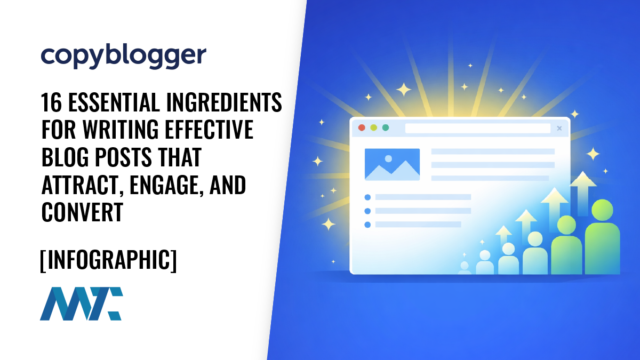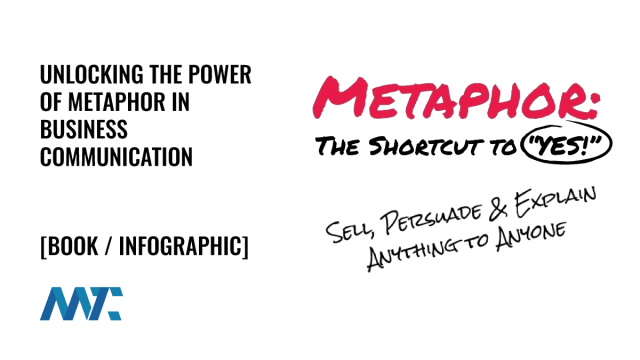Mad Men: Marketing Quotes from Don Draper

Set in the competitive world of 1960s Madison Avenue advertising, Mad Men is more than just a period drama—it’s a character study, cultural critique, and masterclass in storytelling. Created by Matthew Weiner, the series captures the allure and contradictions of a time when image was everything and the American Dream was being redefined. At its center is Don Draper, the enigmatic creative director of Sterling Cooper, played by John Hamm. Draper is both a brilliant advertiser and a deeply flawed man, constantly navigating personal reinvention in a rapidly changing world.
Don’s insights—often delivered in quiet, brooding moments—aren’t just clever lines written for television. Many of them distill universal truths about human behavior, marketing psychology, and emotional storytelling. They resonate not only in their dramatic context but also as guiding principles for anyone in branding, leadership, or creative professions.
Below, we explore some of Don Draper’s most memorable quotes and why their impact endures.
The Day You Sign a Client
The day you sign a client is the day you start losing them.
This line encapsulates the fleeting nature of business success. Securing a client may feel like the end of a pursuit, but it’s the beginning of a countdown. Trust, results, and relationship maintenance must be earned repeatedly. In today’s economy, where loyalty is often transactional and competition is a click away, this remains especially true.
Anticipation and Disappointment
Our worst fears lie in anticipation.
The dread of what might happen often causes more anxiety than the event itself. For marketers, business owners, or creators, this applies to launches, pitches, and decisions. Action, even imperfect, is usually less painful than endless hesitation. This quote encourages pushing past fear to take action.
Fleeting Success
Even though success is a reality, its effects are temporary.
Success, in life or business, isn’t a permanent state. Campaigns expire, markets shift, and consumer attention moves on. Resting on past wins is a fatal mistake. Draper reminds us that the pursuit of relevance must be ongoing—and that yesterday’s innovation can quickly become today’s cliché.
Misplaced Priorities
We’re going to sit at our desks typing while the walls fall down around us. Because we’re the least important, most important thing there is.
This paradox captures the tension between perception and value. Marketing is often seen as secondary to operations or finance, yet it’s the heartbeat of visibility, demand, and brand relevance. In times of crisis, creative departments are first to face cuts—even though they often hold the keys to recovery.
The Human Need for Direction
People want to be told what to do so badly that they’ll listen to anyone.
This quote stings because it’s true. In uncertain times, people yearn for authority, clarity, and effective leadership. It’s why messaging matters, why positioning works, and why confidence sells. Draper’s insight here reminds marketers that good strategy isn’t just about persuasion—it’s about guiding belief and behavior.
You Are the Product
You are the product. You feeling something. That’s what sells. Not them. Not sex. They can’t do what we do, and they hate us for it.
This line is both an ego trip and a reality check. Marketing, at its best, translates human emotion into compelling stories. The creative’s role is not just to advertise a product but to embody its emotional core. For those in the industry, this is a nod to the invisible labor behind influence—and the resentment that often follows.
Change the Conversation
If you don’t like what’s being said, change the conversation.
One of Draper’s most famous lines, and a strategy lesson in a sentence. If your brand is being misrepresented or ignored, reposition it. Control the narrative. Reframe the problem. This quote champions agility and reframing as tools for survival and success.
What Advertising Is
Advertising is based on one thing—happiness. And you know what happiness is? Happiness is the smell of a new car. It’s freedom from fear. It’s a billboard on the side of the road that screams reassurance that whatever you’re doing is okay. You are okay.
This is Draper at his most poetic and manipulative. He’s not talking about truth, but about perceived truth. Advertising doesn’t always mirror reality; it manufactures a feeling. This quote reminds us that brands sell aspiration, emotion, and identity more than facts.
It’s Your Life
It’s your life. You don’t know how long it’s gonna last, but you know it doesn’t end well. You’ve gotta move forward as soon as you figure out what that means.
Bleak but liberating. In a world obsessed with legacy and perfection, Draper’s realism is oddly empowering. Progress requires acceptance of impermanence. This advice is particularly resonant in a career-driven culture where identity is often tied to status or brand.
There Is No Big Lie
I hate to break it to you, but there is no big lie, there is no system, the universe is indifferent.
This is the philosophical counterbalance to his earlier optimism. There’s no grand design or karmic justice—only what we make of it. For marketers, creatives, and entrepreneurs, it’s a call to action: stop waiting for fairness or alignment. Act, test, iterate, own your impact.
Not a Lie, but Ineptitude
It wasn’t a lie, it was ineptitude with insufficient cover.
A masterclass in spin, Draper reframes a failure not as dishonesty, but as poor execution. While cynical, this reflects a more profound truth in business and politics: mistakes are inevitable, but perception management determines how they’re remembered. Owning the narrative is as important as getting the facts right.
Selling Desire
What you call love was invented by guys like me… to sell nylons.
This isn’t just misogynistic—it’s disturbingly insightful. Draper highlights the commercialization of emotions. Love, as sold through ads, is a construct, a tool for shaping demand. While exaggerated, the core idea—that marketing packages and sells idealized experiences—remains accurate.
Competing with Other Brands
Everybody else’s tobacco is poisonous. Lucky Strikes’… is toasted.
This is differentiation through distraction. Rather than addressing the harmful reality, Draper changes the metric. Toasted becomes the message, not cancer. This quote is a commentary on how brands reframe narratives, often with ethically murky origins, to stand out in crowded or regulated markets.
Defining Happiness
But what is happiness? It’s a moment before you need more happiness.
This defines modern consumerism in a single sentence. Happiness isn’t a state—it’s a fleeting moment, followed by another desire. It’s what drives repeat purchases, upgrades, and aspirational lifestyles. Draper’s quote is a clear-eyed observation of how marketing feeds on emotional cycles.
The Nature of Change
Change is neither good or bad, it simply is.
This stoic acceptance is crucial in both personal and professional life. Industries evolve, platforms die, algorithms shift. Brands that resist change fade. Draper reminds us that change isn’t moral—it’s inevitable. Your response to it is what defines your relevance.
The Power of Nostalgia
Nostalgia: It’s delicate, but potent… In Greek, nostalgia literally means the pain from an old wound. It’s a twinge in your heart far more powerful than memory alone.
One of the most iconic monologues from the series, this defines Don Draper’s philosophy—and the very nature of emotional branding. Nostalgia sells because it connects emotionally, bypassing logic. It’s why retro packaging, callbacks, and old jingles still work. Memory is powerful, but longing is even more so.
Each of these quotes comes from a fictional man in a fictional world, yet they’ve become mantras for marketers and creatives alike. Their resonance lies in their ability to speak truths that are rarely acknowledged in boardrooms or ad copy. You can find these insights, beautifully illustrated below, in the graphic titled Don Draper: Moments of Marketing Wisdom.








